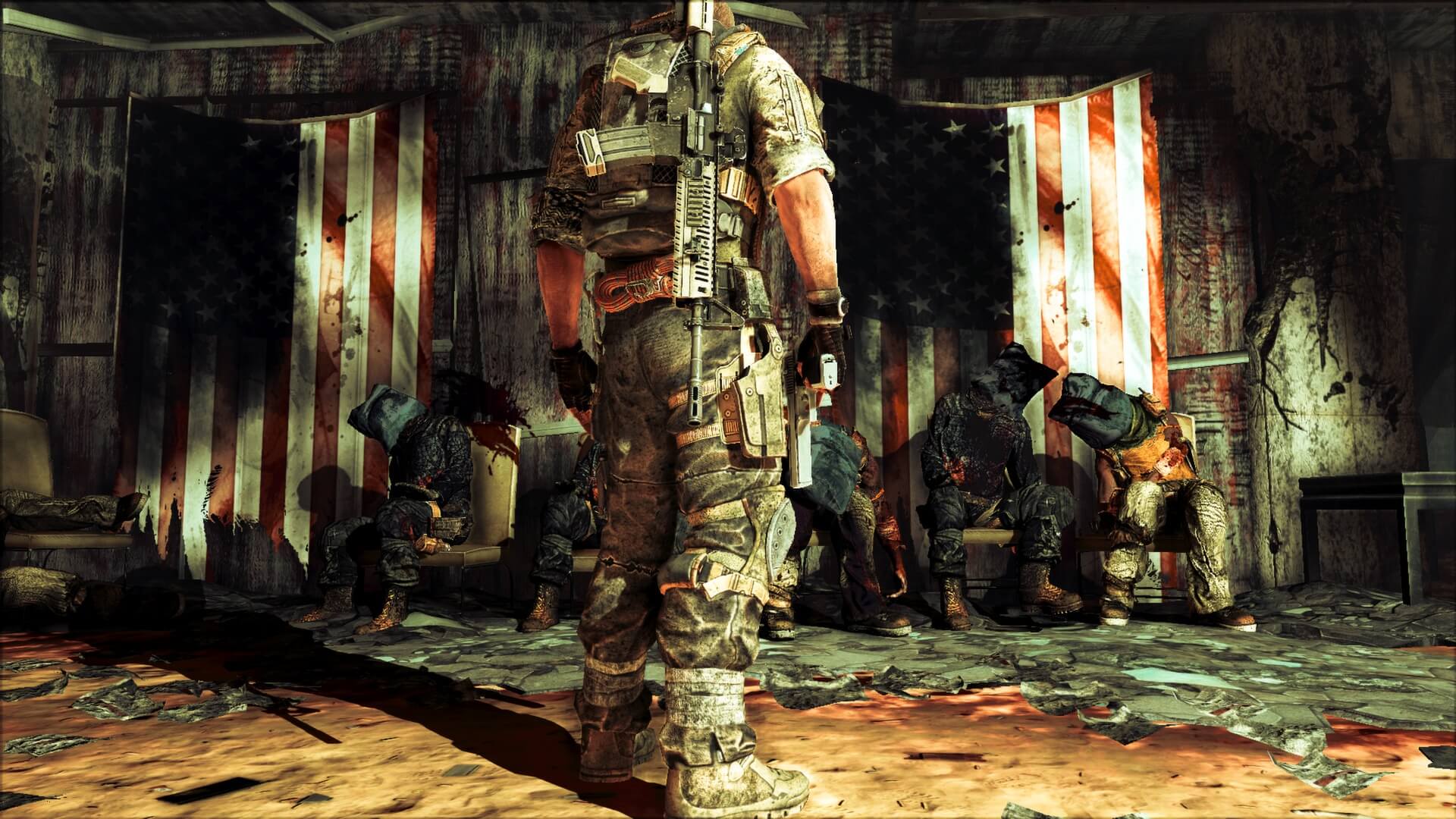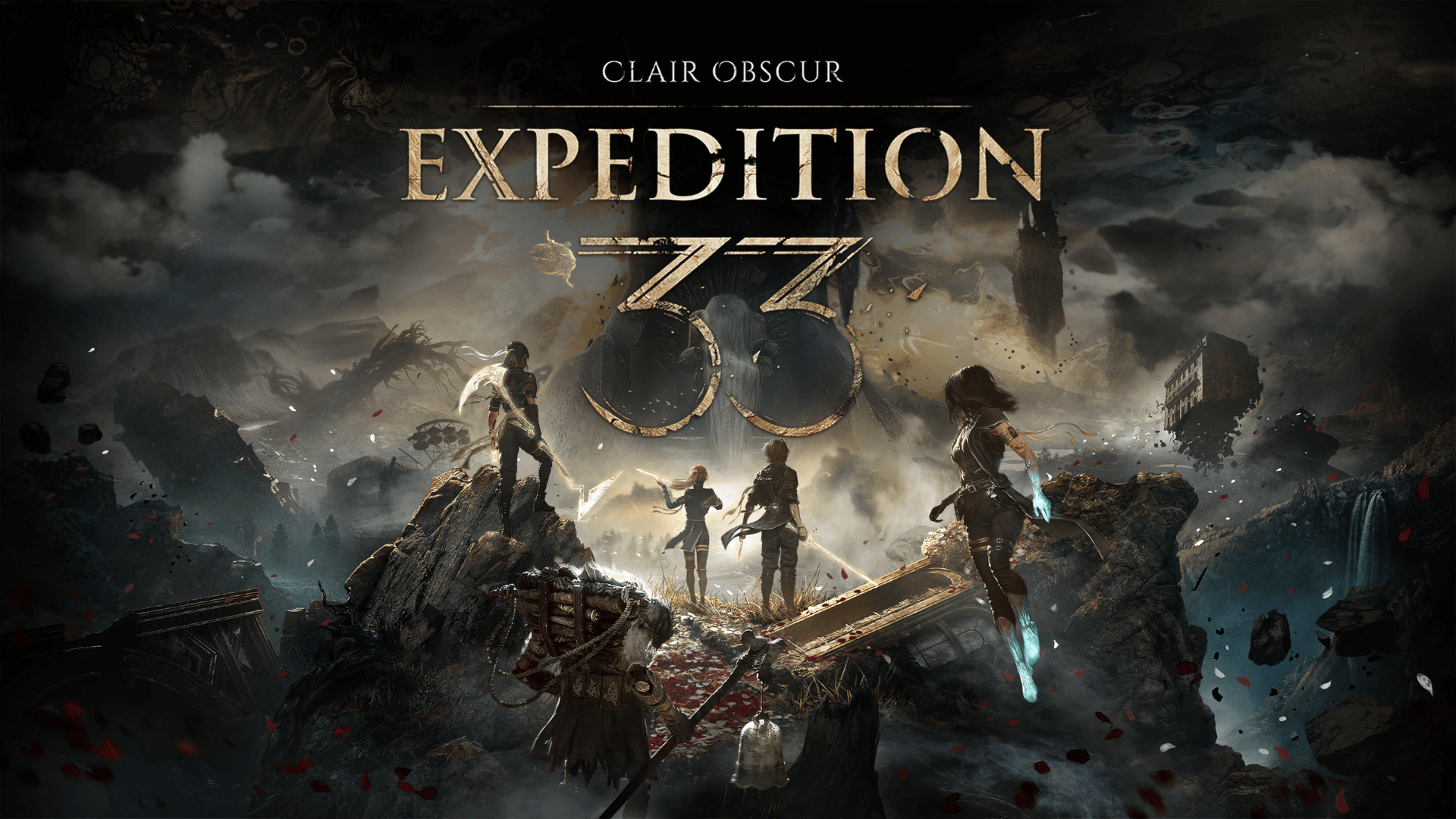News: Spec Ops: The Line Retrospective - A Descent into Darkness
✪ Introduction
Third-person shooter
Spec Ops: The Line,
released on June 26, 2012, for Windows, PlayStation 3, and Xbox 360, developed by Yager
Development and published by 2K Games. It marks the seventh title and a reboot of the Spec
Ops series, distinguishing itself with a narrative-driven approach that critiques the
glorification of war in video games.
Set in a sandstorm-ravaged Dubai, the game follows Captain Martin Walker and his Delta Force
team on a reconnaissance mission that devolves into a psychological and moral descent, inspired
by Joseph Conrad's Heart of Darkness and Francis Ford Coppola's Apocalypse Now.

✪ A Narrative-Focused Vision
Development began in 2007, with Yager Development aiming to innovate within the military shooter
genre. The game drew heavily from literary and cinematic sources, particularly Heart of Darkness
and Apocalypse Now, focusing on themes of moral ambiguity and the psychological toll of war. Lead
designer Cory Davis emphasized the importance of storytelling, noting in an interview that the team
sought to create a game that "challenges players' morality".
Publisher 2K Games provided additional resources, allowing for extensive focus testing to refine
the narrative, a rare opportunity that helped avoid common project pitfalls. The setting in Dubai
was chosen for its visual and thematic potential, with research trips ensuring realism, reflecting
themes like the Tower of Babel and human fragility.
The soundtrack, featuring licensed tracks like Jimi Hendrix's "The Star-Spangled Banner," added to
the atmosphere, though licensing issues led to the game's delisting in January 2024.

✪ Mechanics and Moral Choices
Gameplay centers on squad-based tactics, with players controlling Walker and issuing commands
to teammates Lugo and Adams. It features standard third-person shooter mechanics, including
cover systems, vaulting, and a variety of weapons (rifles, handguns, grenade launchers, etc.),
with a limit of carrying two at a time. A unique element is the sand mechanics, where players
can trigger avalanches or use sandstorms in combat, adding environmental interaction. Difficulty
levels range from "Walk on the Beach" to "FUBAR," unlocked after completing higher difficulties.
Moral choices, such as deciding between civilian and soldier targets, impact squad relationships
and Walker's mental state, with visual and audio hallucinations reflecting his distress. Collectible
Intel items provide backstory, and loading screens turn hostile, breaking the fourth wall. Multiplayer,
developed by Darkside Game Studios, included competitive modes (Exiles vs. Damned, six classes) and
cooperative missions added as free DLC in August 2012, though it was often criticized as tacked on.

✪ A Descent into Darkness
The narrative follows Walker and his team, sent to confirm survivors in Dubai after catastrophic
sandstorms. The city, once a symbol of opulence, is now a battlefield where Colonel John Konrad's
"Damned 33rd" Infantry Battalion imposed martial law, leading to atrocities. Disobeying orders,
Walker pursues Konrad, facing moral dilemmas and hallucinations, only to realize Konrad is dead,
his actions driven by guilt. Key scenes, like the white phosphorus incident, force players to
confront the consequences of violence, with imagery of a mother clutching her child described as
"troubling".
The game ends with four possible outcomes: Walker can shoot himself, let "Konrad" shoot him, or
shoot "Konrad," leading to evacuation with choices to surrender or fight, affecting the epilogue.
This structure, with no morality system, ensures players grapple with the weight of their decisions,
subverting typical shooter narratives.

✪ Critical Acclaim and Commercial Struggles
Upon release, Spec Ops: The Line received generally positive reviews, with Metacritic scores
of 76/100 for PS3, 77/100 for Xbox 360, and 79/100 for PC. Critics praised the narrative, calling
it "compelling" and "mature," with strong voice acting, particularly Nolan North as Walker. The
white phosphorus scene was highlighted as a shocking plot device, earning awards like Best Gaming
Moments at the Golden Joystick Awards and Best Narrative at the Inside Gaming Awards 2012.
However, gameplay was seen as generic, with complaints about the cover system, lack of a roll mechanic,
and tonal dissonance between action and message. Multiplayer was widely criticized, and the game was
banned in the UAE for depicting destroyed Dubai. Commercially, it underperformed, debuting at No. 3
on the UK chart but failing to meet expectations, contributing to Take-Two's FY 2013 disappointment.
Despite this, it gained a cult following, with retrospective praise for subverting genre expectations
and exploring bloodlust.

✪ A Lasting Impact
Over a decade later, Spec Ops: The Line remains influential, often cited in discussions about
narrative in games. Spec Ops: The Line remains a landmark title. Its willingness to confront
uncomfortable truths about war and violence ensures its relevance, with players and critics
continuing to analyze its moral questions.
Spec Ops: The Line is a testament to the potential of video games as a medium for storytelling
and social commentary. Its narrative depth, moral challenges, and lasting impact make it a
significant title, even as it faced commercial struggles.
As of 2025,
Spec Ops: The Line's
legacy endures, with ongoing discussions and a new project from YAGER on the horizon, ensuring
its place in gaming history.
